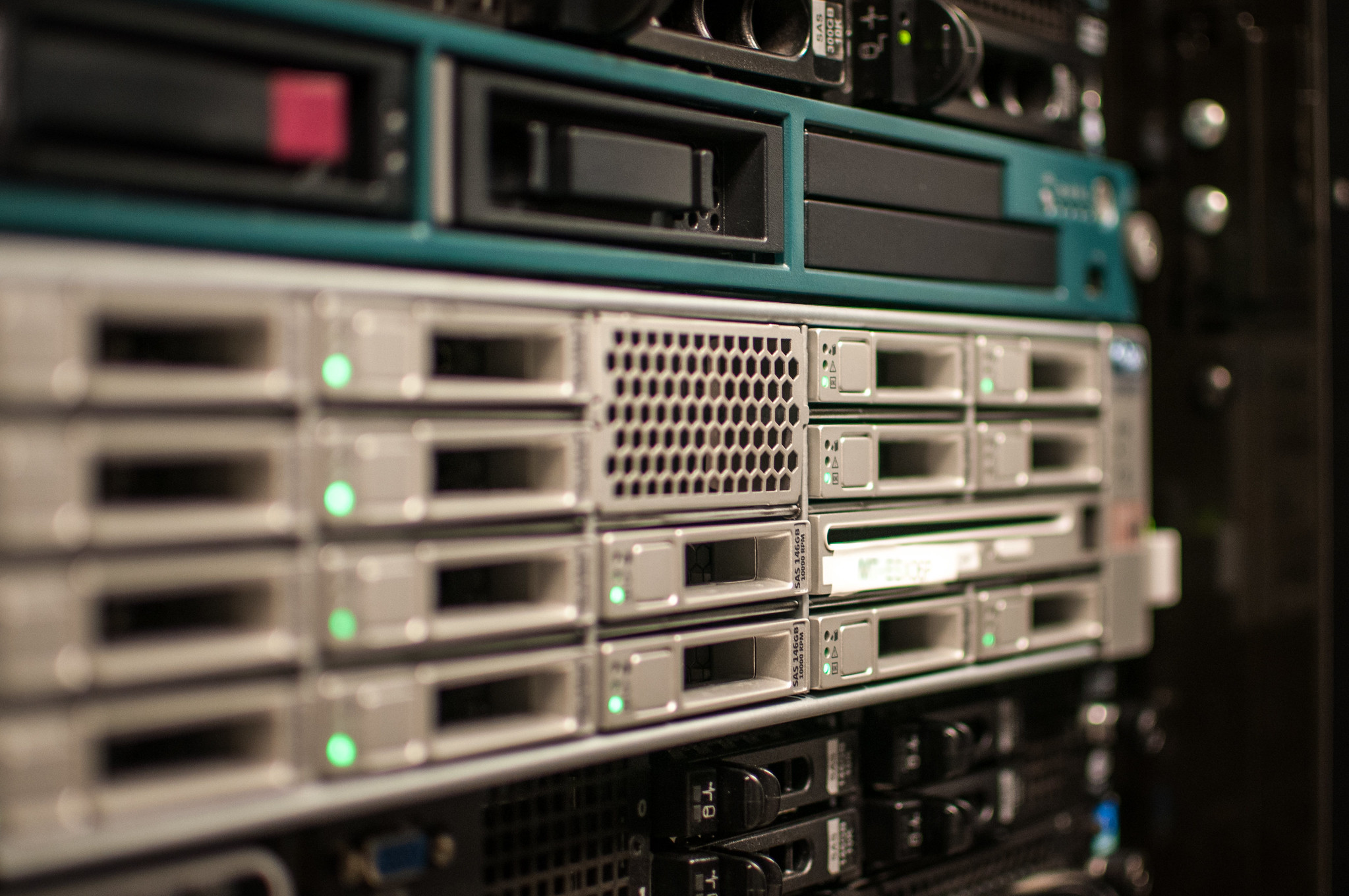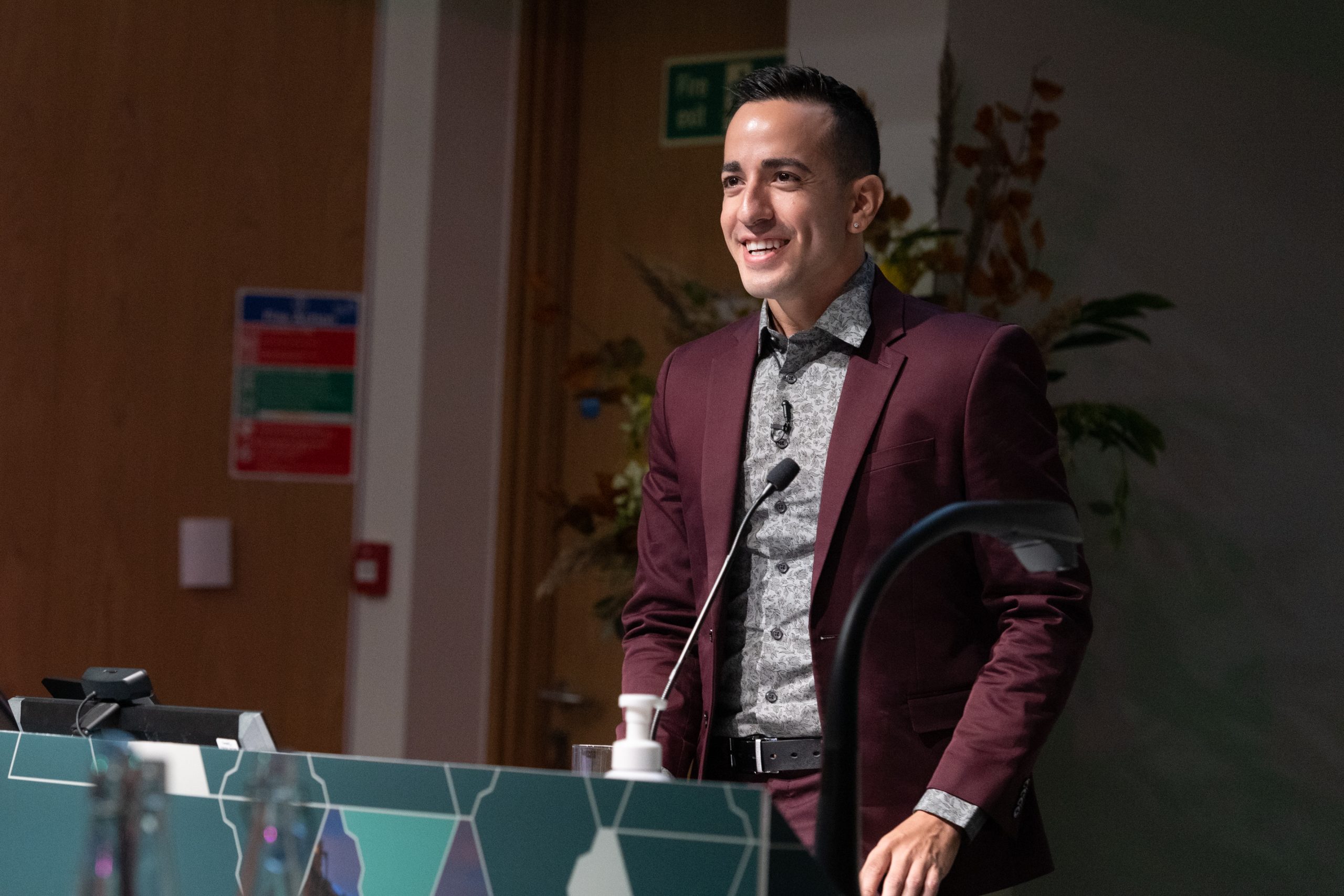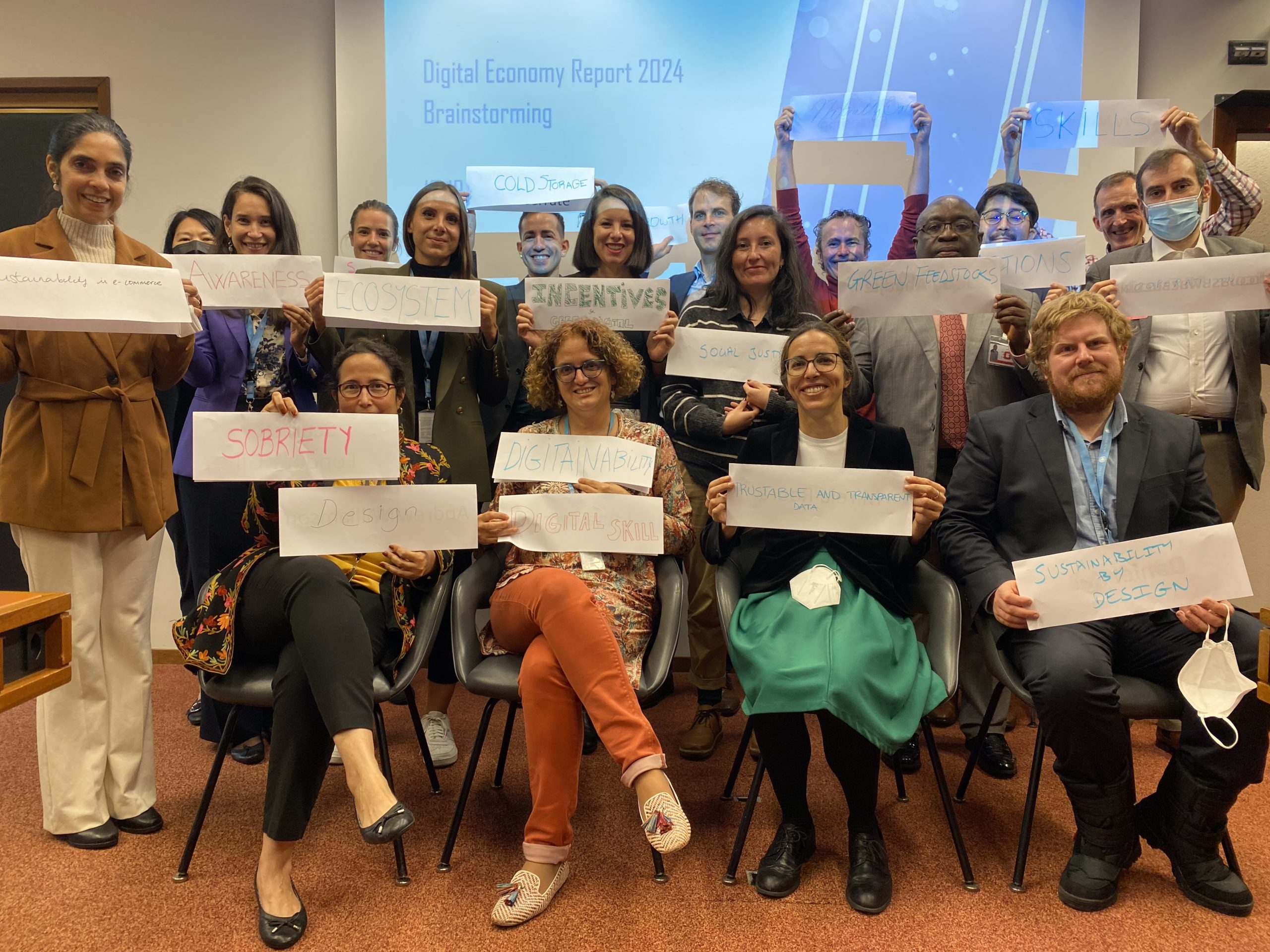Disertation: Cloud Ecologies: An Ethnography of Data Centers
Advisor: Stefan Helmreich
Degree Awarded: 2023
Current Affiliation: Goethe University
Steven Gonzalez
2017 cohort
BA, Feminist Anthropology, Keene State College
MA, Anthropology, Brandeis University
Steven Gonzalez discovered anthropology, which he thinks of as “the study of everything,” halfway through his time at Keene State. Fascinated by the discipline’s inherent celebration of cultural differences, Steven explored a variety of different careers after graduation, including working at the nonprofit Girls Inc. Eventually, he found himself in a position to perform marketing for a small tech firm that sold air sensors. It was there that he first went inside a data center. Steven didn’t see just workers and electronic equipment—he saw a discrete culture. He thought this would be something worth studying—and that reinvigorated his interest in pursuing anthropology.
Steven enrolled in a master’s program at Brandeis, where he conducted ethnographic research at data centers in Iceland, which media reports had described as being run sustainably. After studying Icelandic data centers as a social scientist, he wanted to continue his development at MIT. While he had applied to HASTS previously, his research interests were still nascent at the time. His moment arrived in 2017. “When I first applied to HASTS as an undergraduate in 2011,” he says, “there weren’t a lot of anthropologists studying tech and infrastructure. Now there’s a boom in this area. It pays to wait sometimes.”
The “culture” that Steven finds in data centers are technicians—men, overwhelmingly—who exhibit what he calls “magical behaviors,” such as whispering to servers and calling them by names (often women’s) that they have given these machines. They also describe the servers they tend to with adjectives typically used for living things: hungry, fickle, tired.
“These technicians have a distinct culture that is essential to doing their work,” he says. “They’re not just having fun and being eccentric. The work they do is actually very complex, important, and detail-oriented. At first I thought they were just being playful, but it’s all part of a scheme they use to focus themselves and make sense of the machines they are taking care of.”
Since this line of work is often male-dominated, there is bravado and competition among the technicians. Some tasks are physically demanding, requiring technicians to move very large, heavy machines. Server racks have sharp edges and many of the workers get bloody cuts. People are proud to be able to complete a high number of support tickets in a single day. At the same time, Steven has observed the stress that occurs when machines go down. In fact, the technicians don’t even like talking about downtime, preferring to focus on maintaining uptime. As a result, they tend to overuse air-conditioning and energy resources to build a redundant layer of protection. Approximately 40 percent of the energy that data centers consume is related to cooling. In total, information and communications technologies are responsible for about 2 percent of greenhouse gas emissions, roughly the same as the airline industry.
Steven, who is preparing to complete his dissertation in summer 2023, has received numerous invitations in the last year from all over the world to give lectures about his work. Among the places he has spoken are the Digital Preservation Coalition Meeting in Glasgow, Indian Institute of Technology, National University of Singapore, University of South Africa, and the United Nations Conference on Trade & Economic Development (UNCTAD) in Geneva, Switzerland. He has also been invited to deliver keynotes at the University of Gothenburg (Sweden) and CONUL (Ireland).
Published May 2022





